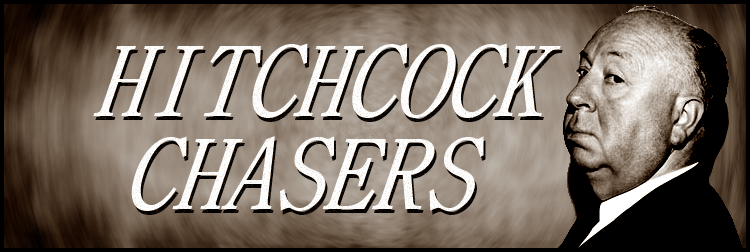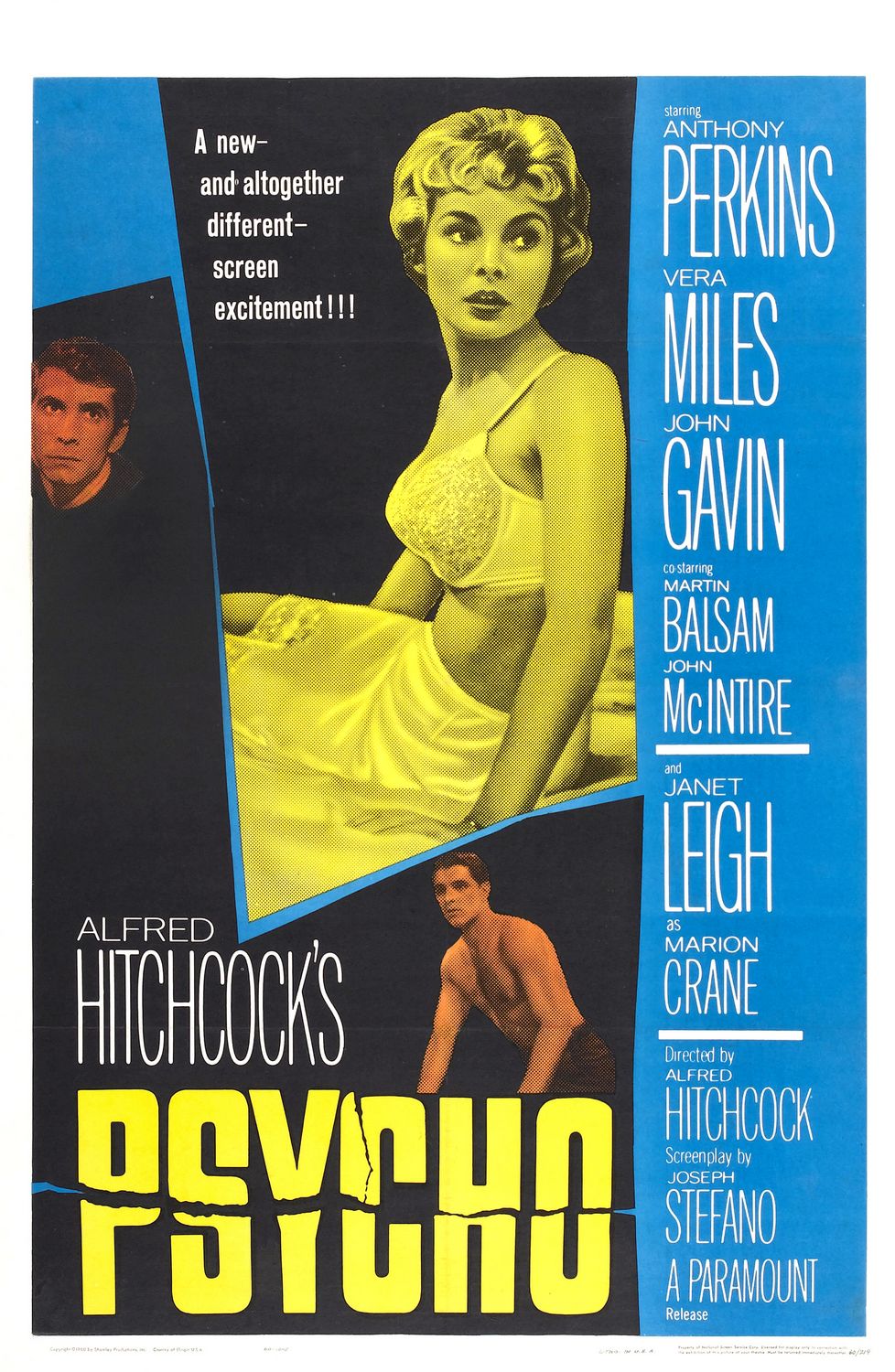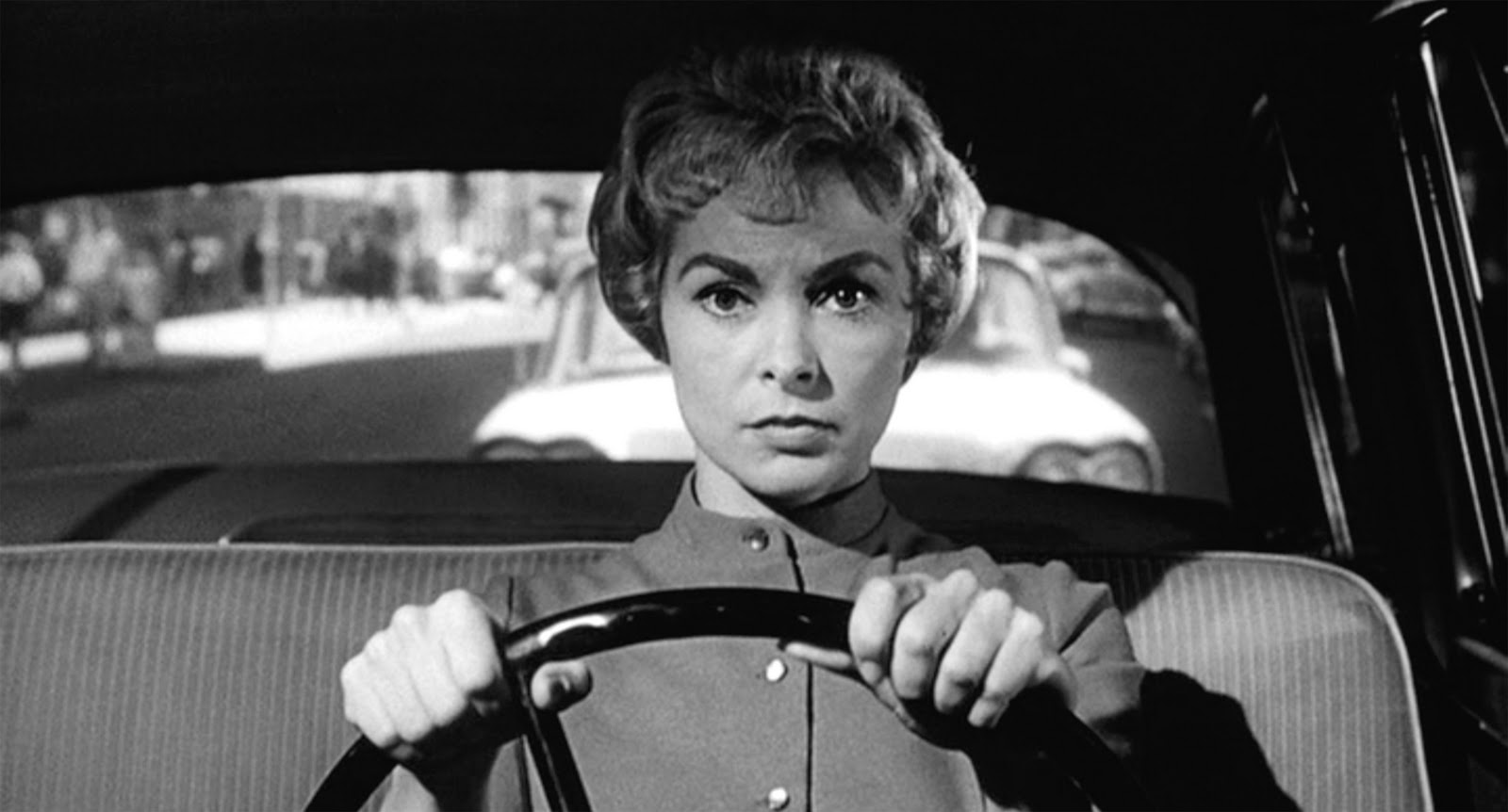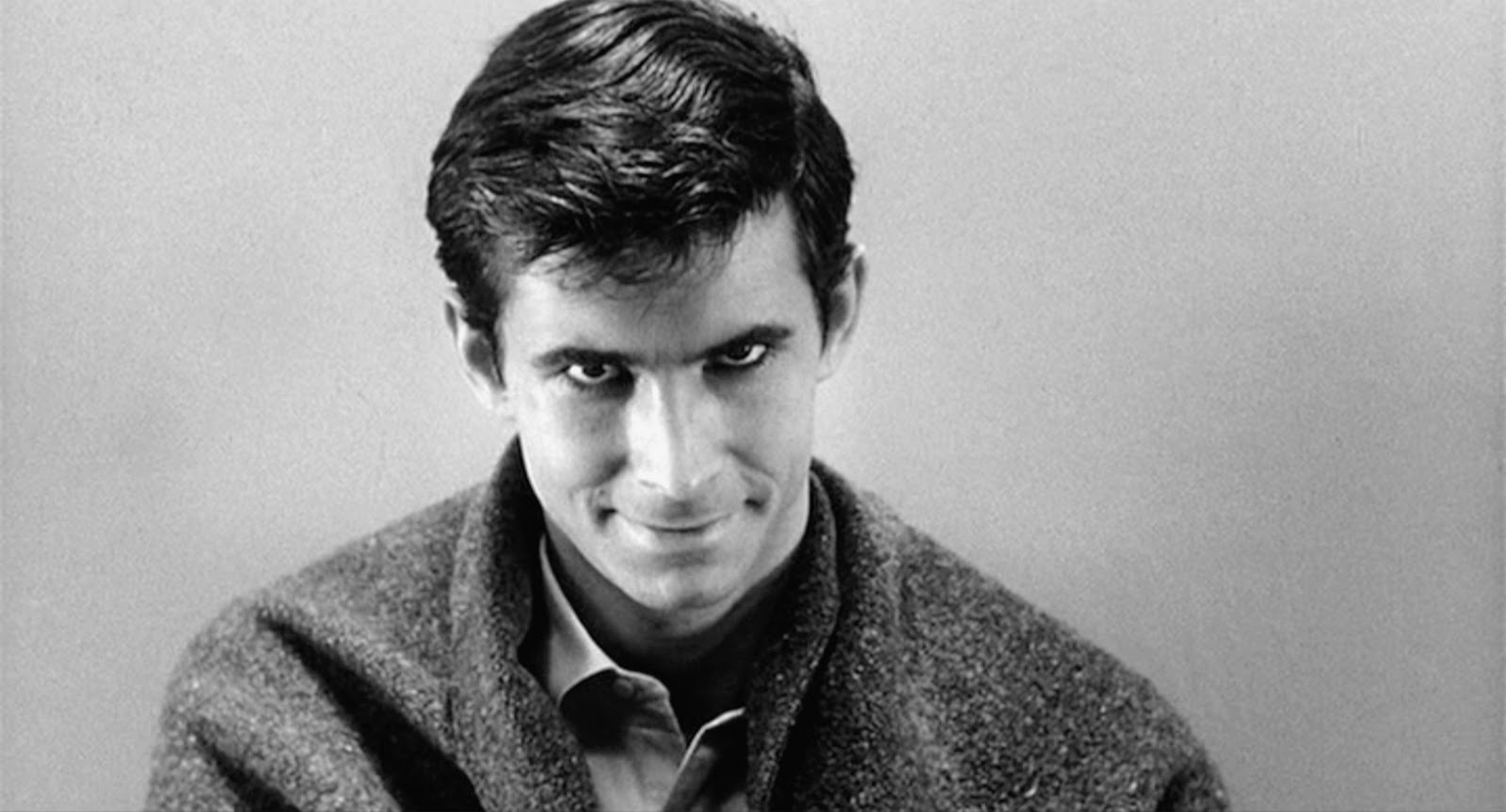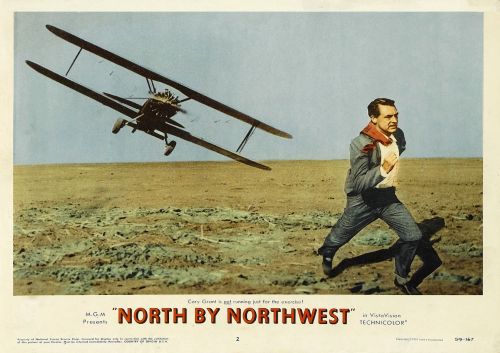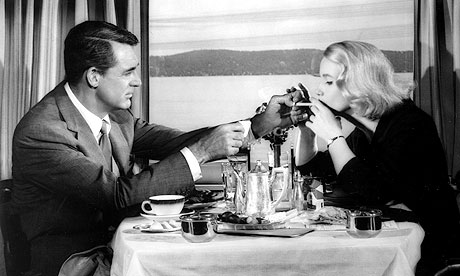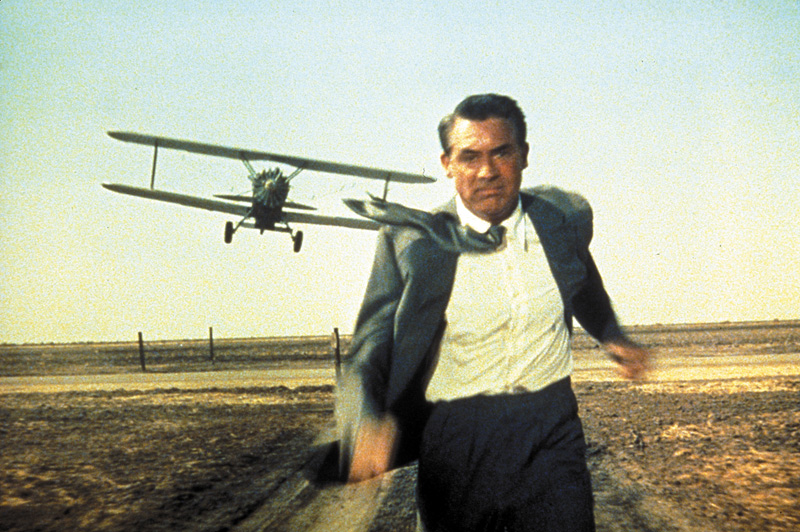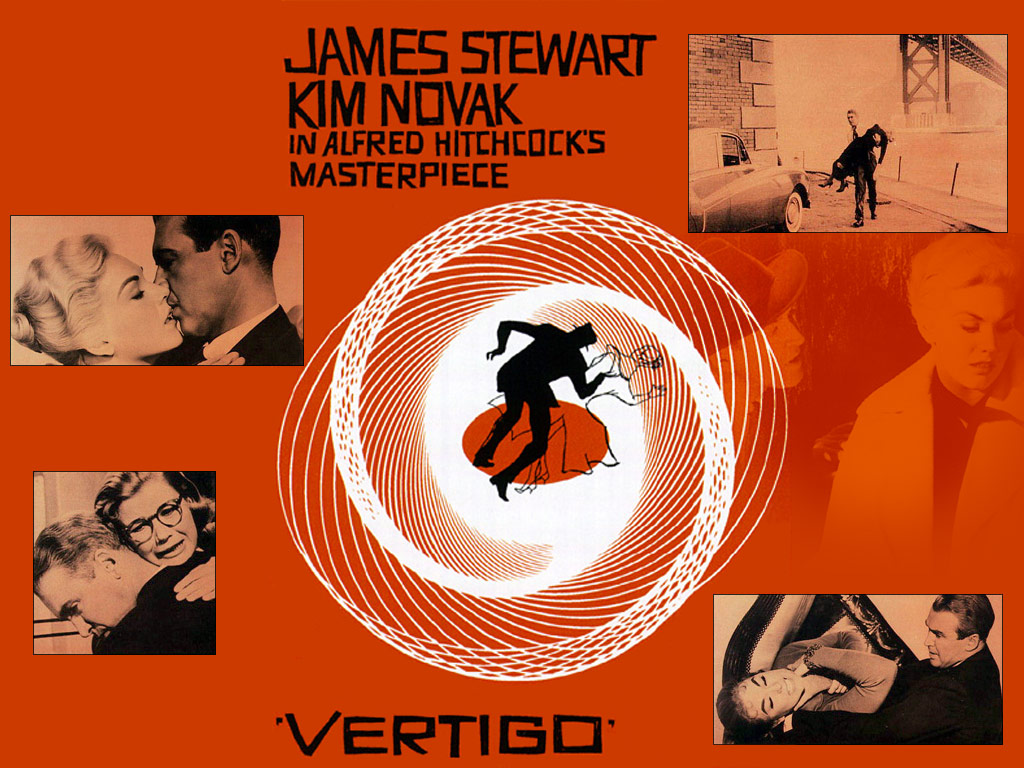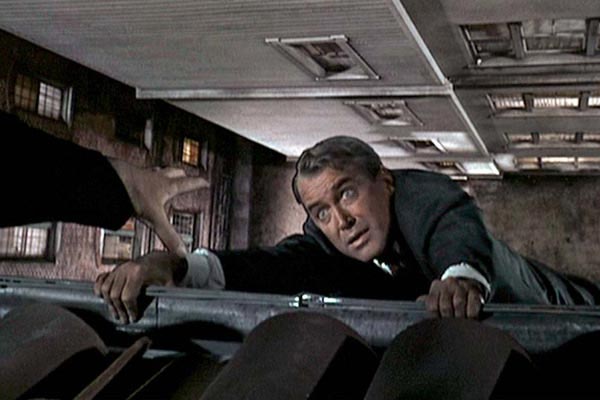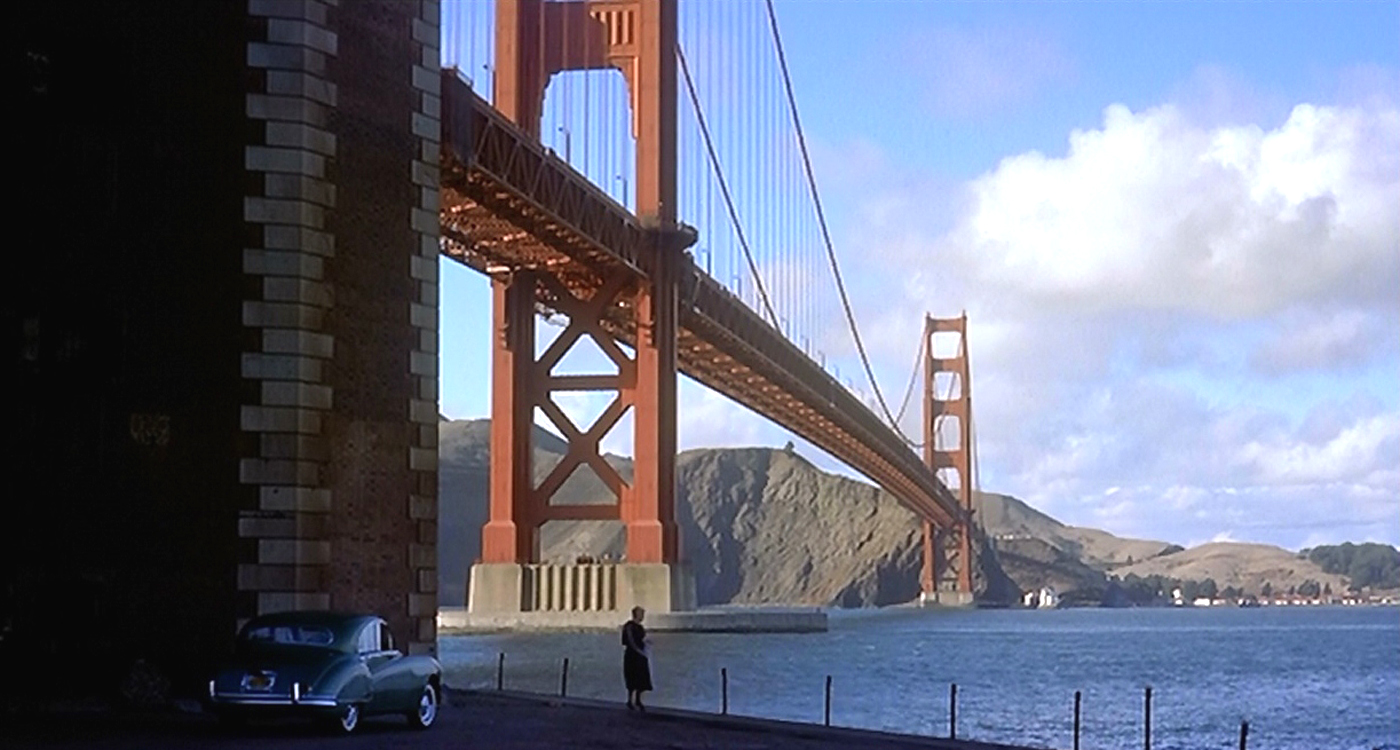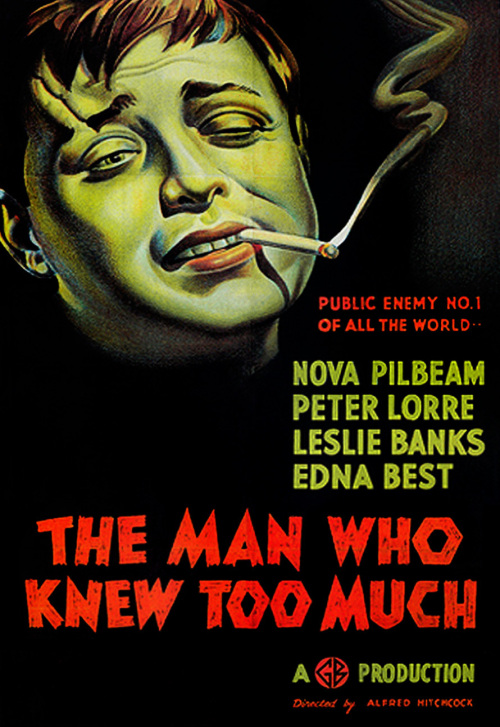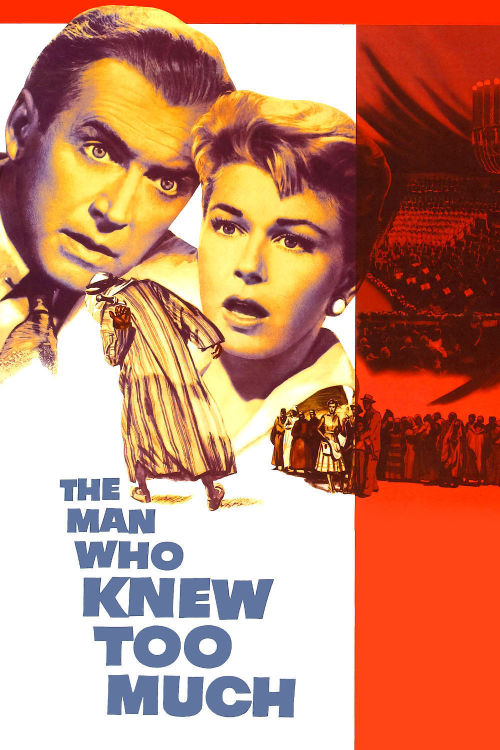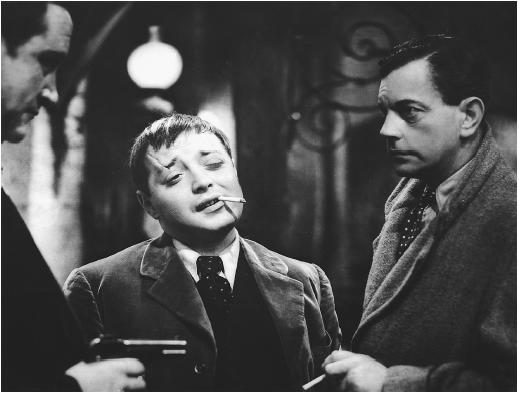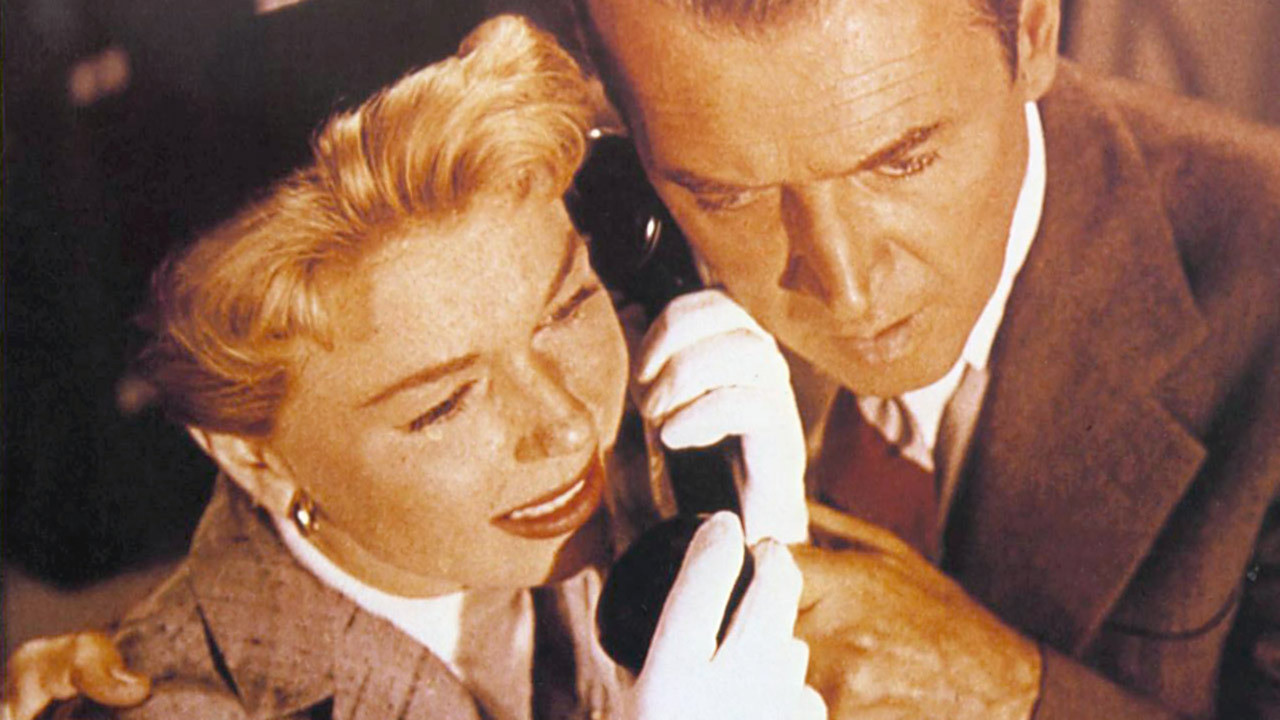The Birds (1963)
 Tuesday, February 24, 2015 at 10:11PM
Tuesday, February 24, 2015 at 10:11PM 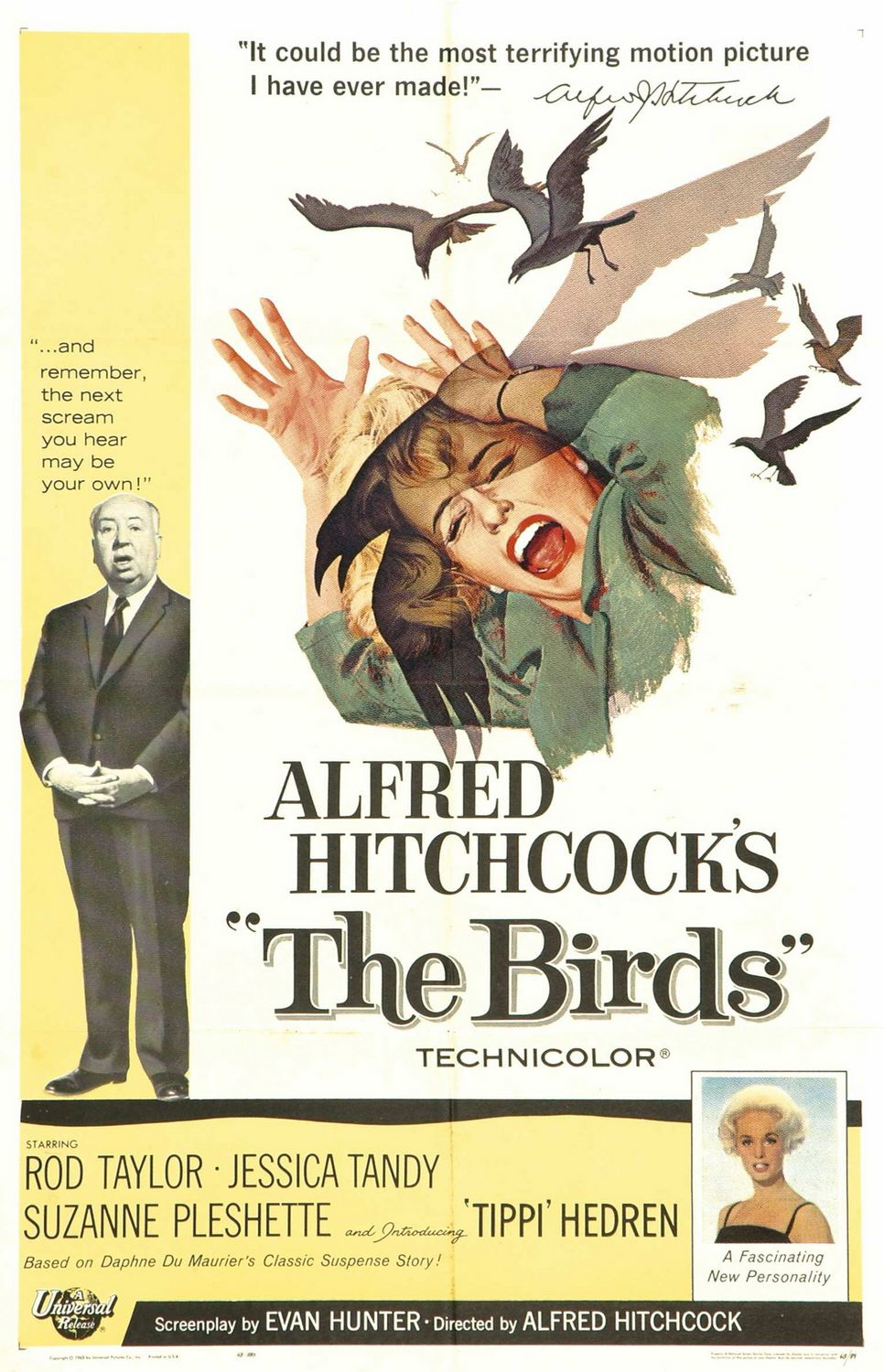
After Vertigo Hitchcock took what it my mind was a much needed break until his next film. You could say three of the best films of all time in three years deserves such (though it might have not been said until years after the release of these films) but even though this gap existed, he appears to have still been busy with his TV show Alfred Hitchcock Presents and, I’m sure, developing his next movie project. After almost completely shattering any clichés of his 30+ year career in film, he does so again with 1963’s The Birds, a tour de force of scarring thrills, beautiful score (if you call birds screeching music), and *technical bravura.
*for the time…
For those interested in the plot (though the Master is clearly not concerned with how the characters come together for the main story) Melanie Daniels (played by Tippi Hedren) is kind of attracted to this well off man from Bordega Bay, an oceanside village near San Francisco. She heads up there on a whim, playing an inside joke of sorts by placing a bird on his doorstep after running into him at a bird store (shit, there are already a lot of birds…). After getting attacked by a BIRD, she looks to stay the night. The next day more BIRDS attack her and others, until for some reason there are more and more of these creatures seemingly at war with the peaceful village and… if you’ve seen Tremors, Jaws, or countless other horror/thrillers that have nature or some warped version of it become the enemy, I probably don’t need to go any further (hell, Mars Attacks could be viewed as a remaks…it’s a stretch, I know).
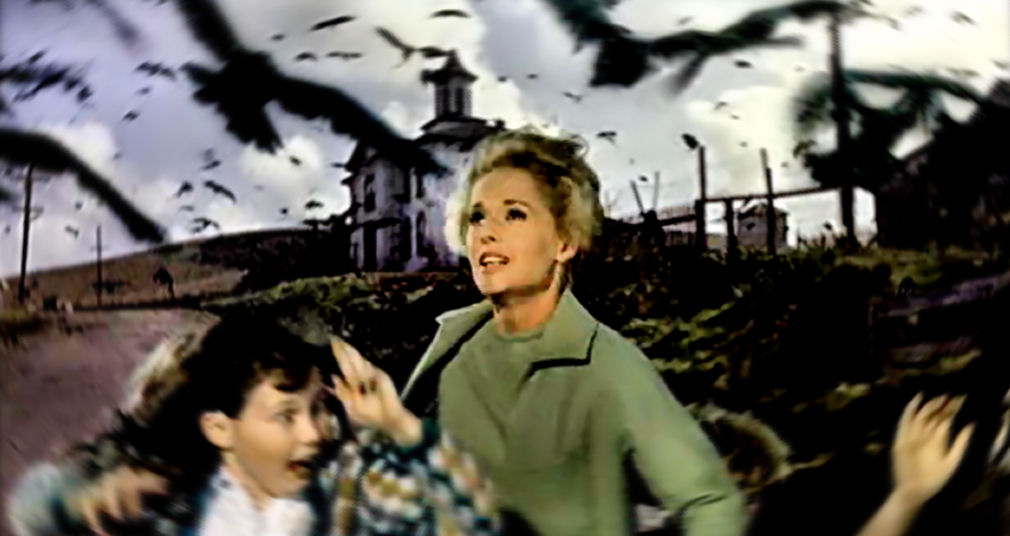
Coming out more than 50 years ago and only having seen/appreciated it when I was a kid, I went into this fairly nervously, mainly because I feared dated special effects and boring subject matter (in other words, major elements of the movie!). Luckily I was overall surprised at its effects so many years and so many imitators later (one that unfortunately came to mind was M. Night Shamalamadingdong’s movie The Happening; see it for a laugh) and how days after watching it I was still affected. It’s certainly not perfect, and very unfortunately dated, but it’s not bad.
As I alluded to, many of Hitch’s earlier tropes and traits are not here. This is not a murder mystery, a “wrong man” thriller, a comedy, or even much of a romance. Visuals are still clearly his, but also missing is Bernard Hermann’s quintessential score (though the lack-thereof here is welcome; more on that later) and a clear McGuffin. If there’s one thing the characters are after, it’s… survival?
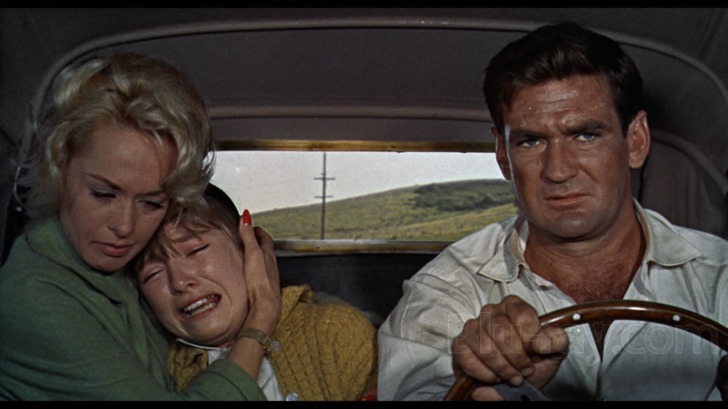
Story wise, it excels from a modern viewpoint as it clearly inspired many films that followed it and presented a genre not really yet seen in cinema: nature thriller. Sure we had sci-fi schlock with other-worldly monsters like things, black lagoon things, spider things that are big, etc. but never something all of us can completely relate to, or really scare us to the point of scarring. The effect may not be as common today as it was when the film was brand new, but now I look at birds and can’t help but wonder if they’re plotting something (reminds me of a quote David Fincher has said about his belief of cinema and essentially how he wanted this “scarring effect” on the viewer). Music wise, it is truly wonderful: there is essentially no music! Hermann was still a consultant on the film because he helped with the sounds/noise of the titular subject, which in a sense acted as the score. Doing so helped to create a truly minimalist and effectively haunting atmosphere: instead of traditional orchestral movie pieces, we just hear the sounds of nature prepping to maim and kill.
Acting is fine and serviceable, with decent performances by Hedren, Rod Taylor, and an even better performance by Jessica Tandy (Miss Daisy!). However these characters could almost be played by anybody, and are certainly positioned as second fiddle to the more complex main characters (complex due to their technical nature; I’ll discuss more about how “technical” in the next paragraph).
Technical effects of this kind were I’m sure amazing to witness in the 60s! Having said that, they are majorly dated in this film. This as I’m sure you’d understand relates to the birds, whether they be fake and actually flying at the actor, or real and superimposed/rotoscoped into the scene. However, there are moments (i.e. God’s view of the city before a major attack) where believability is understood even for the most jaded viewer. These moments owe considerable debt to Albert Whitlock who’s matte paintings added essential verisimilitude.
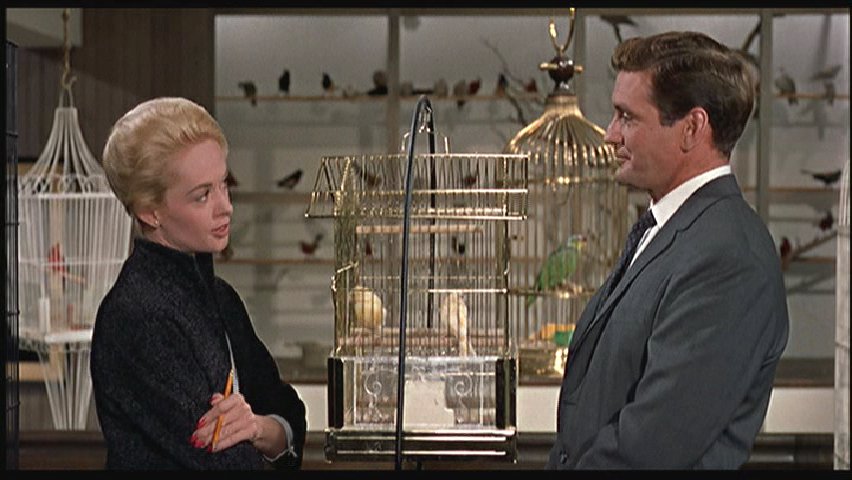
Overall, as the film progresses it gets better with regards to the lack of believability from a modern viewpoint. Much credit is also due to the third act, where instead of seeing much of enemy with our protagonists (aka humanity) in hiding, we only hear the potentially impending doom. I must say there were moments here, and elsewhere in the film, where this quinquagenarian of a film surpassed the suspense of its contemporaries. It is truly these moments along with a few other elements that keep it as a certain highpoint in Hitch’s filmography, and again showing why he is the Master of Suspense without retreading familiar territory.
If you’ve only ever feared birds because of them pooping on you, watch the below trailer (till the end).
 Hitchcock,
Hitchcock,  Hitchcock Chaser,
Hitchcock Chaser,  Suspense,
Suspense,  Thriller in
Thriller in  Hitchcock Chasers
Hitchcock Chasers 


